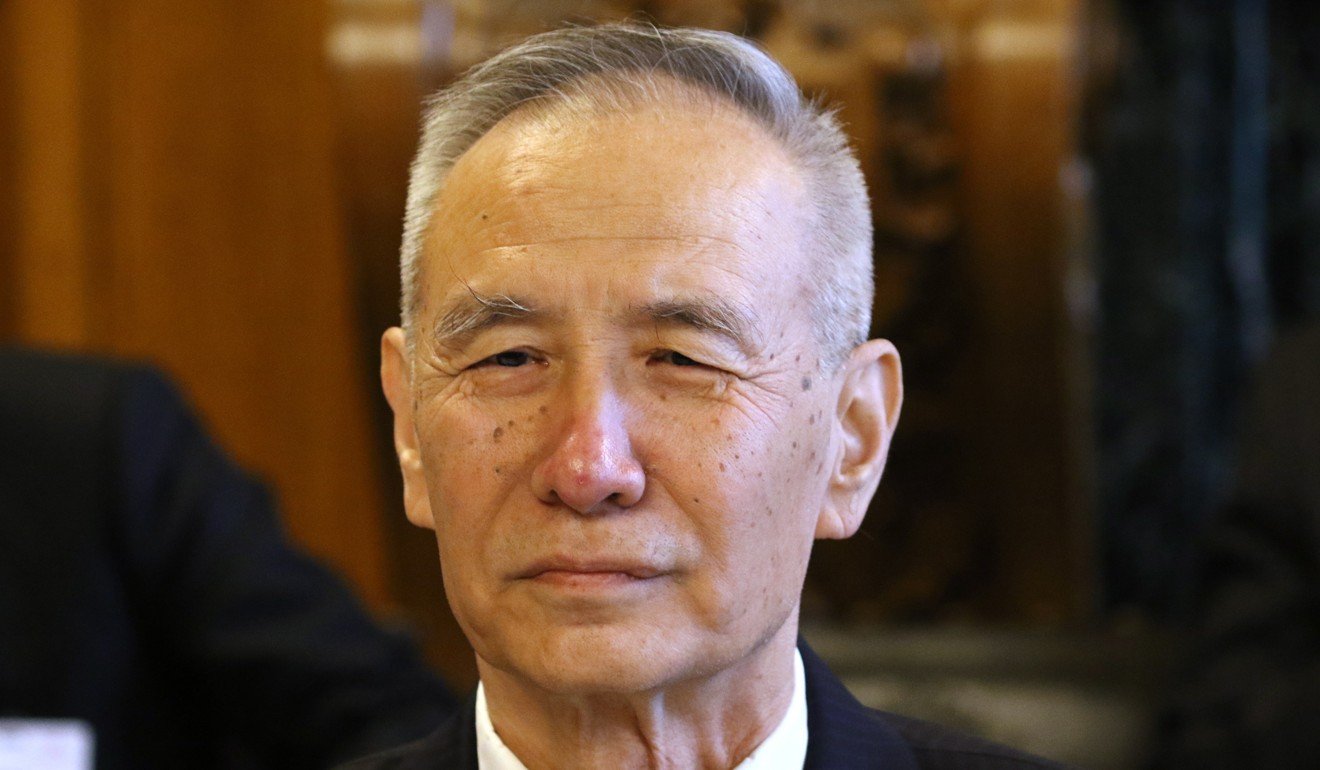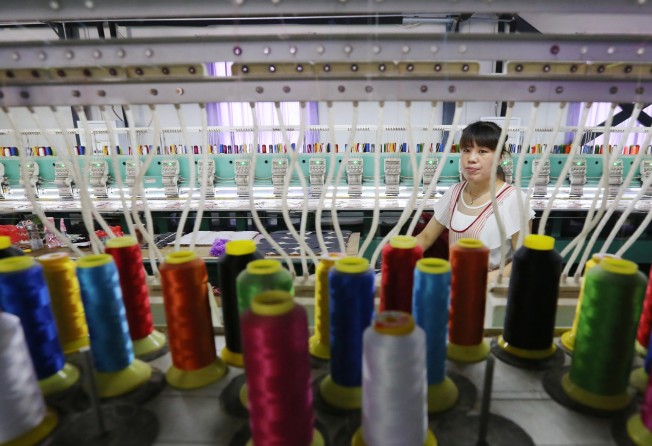
Huawei ‘distrust’ and ‘irrational’ US trade war slammed by leading Chinese academic
- Trade war is ‘inevitable’ and will be long and drawn-out, says Zhang Yansheng, the chief research fellow at the China Centre for International Economic Exchanges
- Chief financial officer at the Chinese technology giant, Sabrina Meng Wanzhou, was arrested in Canada in December and is fighting extradition to the US

As top level negotiators try to thrash out a deal to end the trade war between China and the United States, a leading Chinese government academic has predicted that the “irrational” conflict will be long and protracted.
China’s Vice-Premier Liu He is currently in the US, where he is expected to meet President Donald Trump on Thursday, in a break from negotiations with the top US trade official, Robert Lighthizer.
Liu is attempting to bring an end to a tit-for-tat trade war that has been waged since July 2018, with the US demanding that China opens its economy to foreign companies, reduce its trade deficit with the US and that it treats foreign companies operating in China fairly.
As well as slapping tariffs on billions worth of Chinese exports - which have been reciprocated in part by Beijing – Trump has demanded an end to forced technology transfer and intellectual property theft.
If these issues are not judged to have been addressed by March 1, tariffs on US$250 billion of Chinese goods will increase from 10 per cent to 25 per cent the following day.

Zhang Yansheng, the chief research fellow at the China Centre for International Economic Exchanges (CCIEE) - a government-affiliated think tank - said that fundamental differences over economic issues, political systems and security will not be resolved by the March 1 deadline.
“I think the conflict [between China and the US] is inevitable and will carry on in the long term,” said Zhang, at a media briefing in Beijing on Wednesday.
“It’s irrational now, but over time, after a lot of fights and talks, it will become rational and the two will collaborate again.”
He added: “If the tariffs go up to 25 per cent, it’s going to be insufferable for both US and Chinese firms.”
Zhang - who is also listed as a member of the Academic Committee of China’s state planner, the National Development and Reform Commission (NDRC) - said that the additional tariffs would have a wider negative effect on global trade.
His views on the challenges in resolving the trade war are in line with many top US officials, who have downplayed the chance of a quick solution.
“We do have another 30 days after this, so my expectation is that we’ll make significant progress at these meetings, but I would just emphasise these are complicated issues,” US Treasury Secretary Steven Mnuchin said on Monday.
The talks have been complicated by the ongoing legal battle between US prosecutors and Sabrina Meng Wanzhou, the chief financial officer at Chinese technology giant Huawei, and daughter of the company’s founder Ren Zhengfei.
Meng was arrested in Canada in December and is fighting extradition to the US, where prosecutors have announced 23 criminal charges against Meng and Huawei, including money laundering, fraud, conspiracy and intellectual property theft.
Huawei has denied any wrongdoing and has also rejected criminal claims against Meng.
However, the company - considered the jewel in the crown of China’s tech industry - is being frozen out of bidding processes around the world for the roll-out of 5G technology, most notably among US allies such as Australia and the United Kingdom.
The Huawei case shows the US’ distrust of China’s economic power, as well as its political system and culture, according to a senior figure at China’s state planner, who spoke at the same press briefing.
Sun Xuegong, a senior director and senior fellow of the Institute of Economic Research at the NDRC, said that the US’ distrust extended to Chinese companies in general.
“The Western media and politicians always think that China wants to challenge the status quo, and wants to change it,” said Sun. “There are many of us who have taken part in policy discussions, but we never thought about [changing it]. This is a big misunderstanding from the West.”